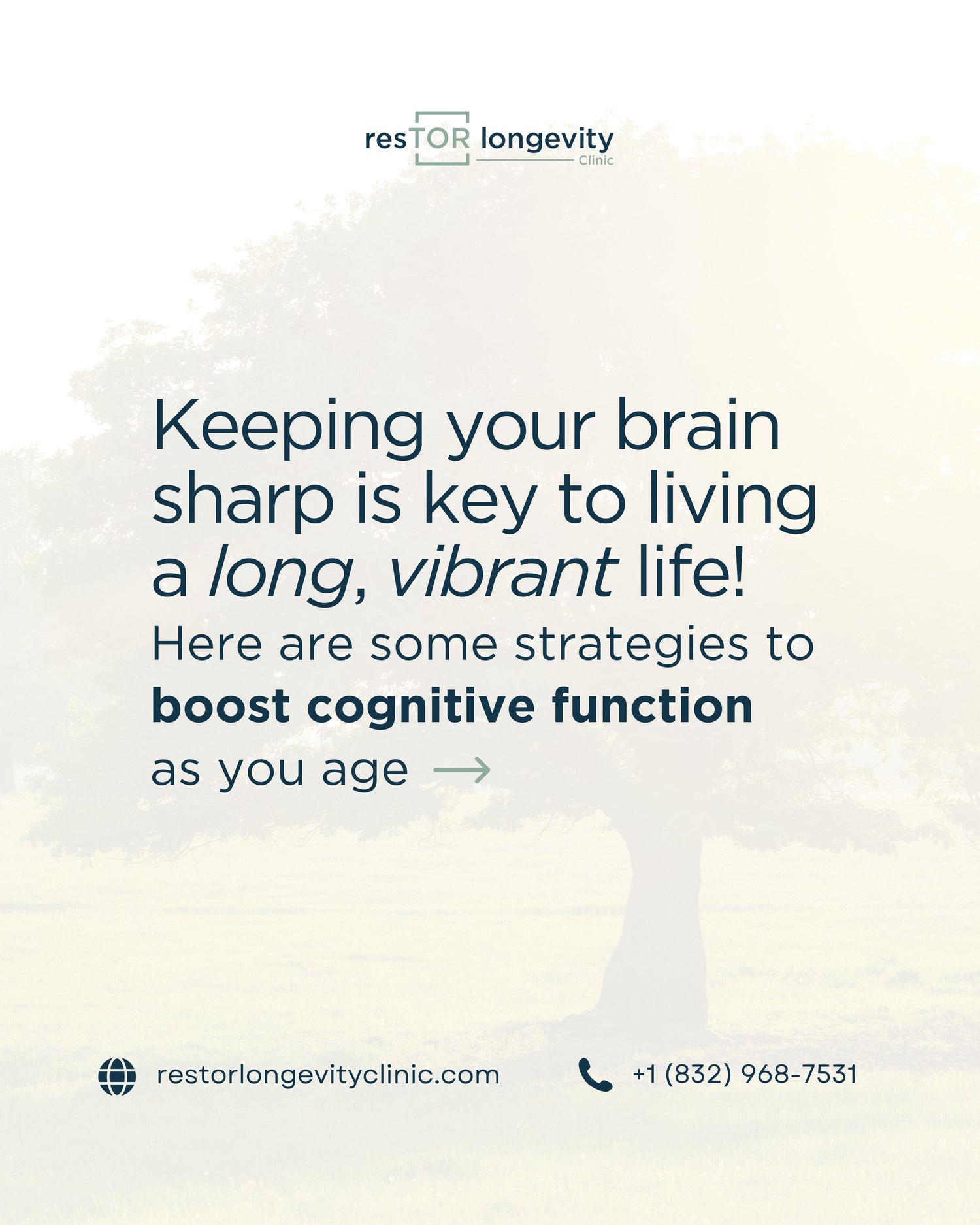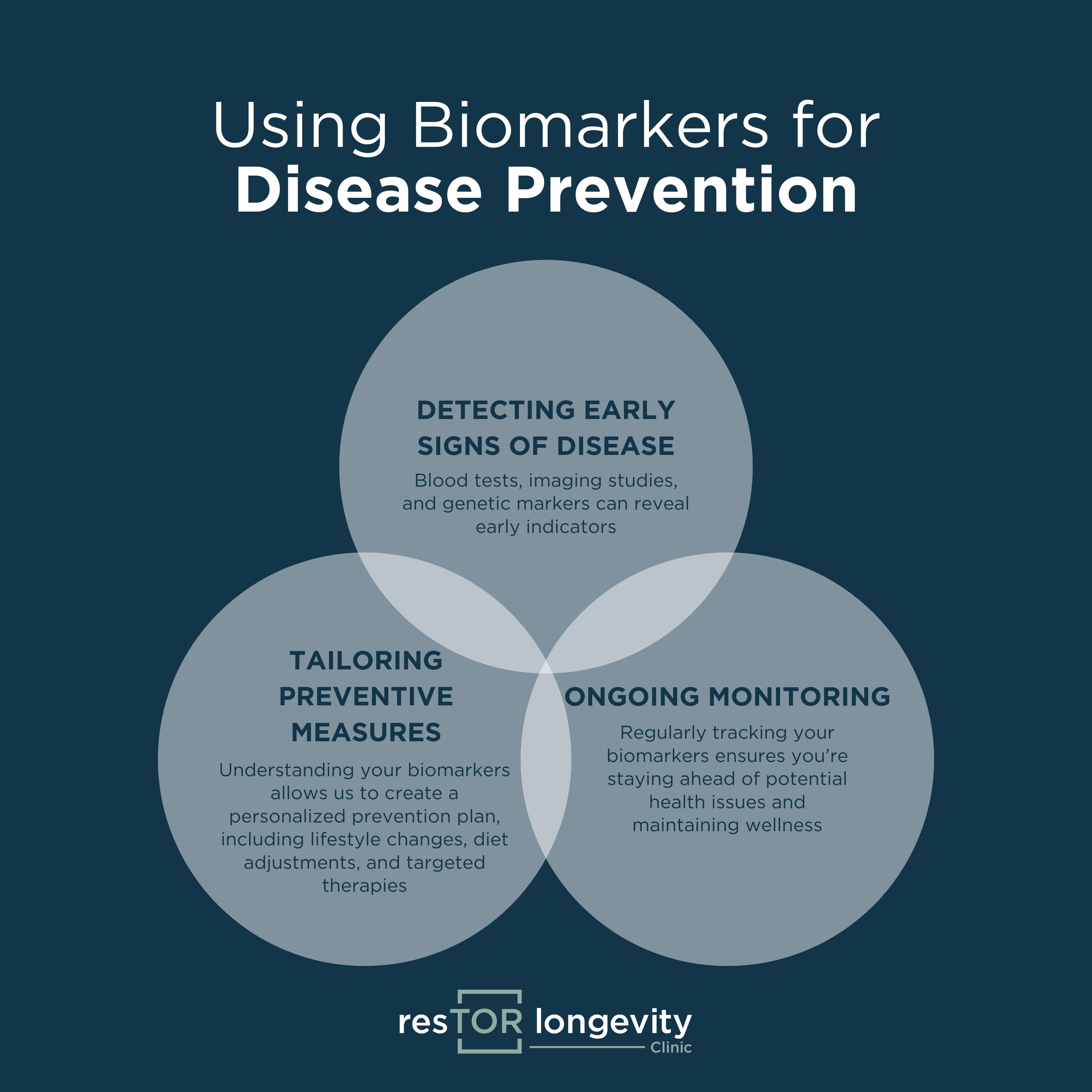Did you know that maintaining cognitive function as we age is just as important as physical health? As life expectancy increases, focusing on a sharp mind becomes essential for a long and fulfilling life. In this post, we will explore key strategies to boost cognitive function and ensure that you enjoy your golden years with vitality and mental acuity. From mental exercises and brain-boosting foods to the importance of physical activity, quality sleep, and mindfulness practices, you’ll discover valuable tips to enhance your brain health and longevity.
The Importance of Boosting Cognitive Function
As people live longer, the emphasis on maintaining cognitive health becomes increasingly vital. Cognitive functions—such as memory, attention, and problem-solving—play a fundamental role in daily life, affecting personal relationships, job performance, and overall well-being. A decline in cognitive ability can lead to various consequences, such as decreased independence, diminished quality of life, and increased risk of mental health disorders.
1. Understanding Cognitive Decline
Cognitive decline refers to the gradual loss of cognitive abilities as a person ages. It’s influenced by a range of factors, including genetics, lifestyle choices, and overall health. Symptoms can vary but may include:
- Memory loss
- Difficulty concentrating
- Trouble with problem-solving and planning
- Confusion with time or place
It’s essential to recognize that cognitive decline is not an inevitable part of aging; it can often be mitigated through proactive measures.
Strategies to Boost Cognitive Function
Here are some effective strategies to enhance your cognitive abilities and promote brain health:
2. Mental Exercise
Keeping your brain active and engaged is crucial to cognitive health. Just like the body requires regular exercise, the brain thrives on mental challenges. Here are ways to challenge your brain:
- Puzzles and Brain Games: Engage in crossword puzzles, sudoku, or brain-training apps that promote problem-solving and critical thinking.
- Learning New Skills: Consider taking up a new hobby, like playing a musical instrument, painting, or learning a new language. The act of learning stimulates brain activity and creates new neural connections.
- Reading: Regular reading can improve vocabulary and comprehension while enhancing knowledge across various subjects. It also serves as a form of relaxation.
3. Brain-Boosting Foods
Nutrition plays a significant role in brain health. Certain foods are known to contain nutrients essential for cognitive function. Here are some brain-boosting edibles to include in your diet:
- Omega-3 Fatty Acids: Found in fatty fish like salmon, walnuts, and flaxseeds, omega-3s support brain structure and function. They are vital for maintaining neuronal health and promoting synaptic plasticity.
- Antioxidants: Berries, dark chocolate, and leafy greens are rich in antioxidants, which help combat oxidative stress and inflammation in the brain.
- Vitamins and Minerals: Foods rich in vitamins B, C, E, and minerals like magnesium and zinc, such as avocados, nuts, citrus fruits, and legumes, are essential for neurotransmitter production and overall brain metabolism.
4. Regular Physical Exercise
Physical activity does not just keep your body fit; it also benefits cognitive function. Here’s how:
- Increased Blood Flow: Exercise improves cardiovascular health, promoting better blood flow to the brain and enhancing cognitive performance. Activities like aerobic exercises, walking, or dancing can improve memory and thinking skills.
- Release of Brain-Derived Neurotrophic Factor (BDNF): Exercise stimulates the production of BDNF, a protein that supports the growth, maintenance, and survival of neurons.
- Stress Reduction: Regular physical activity reduces stress and anxiety, contributing to improved mood and cognitive clarity.
5. Prioritize Sleep
Quality sleep is critical for cognitive function, yet many people overlook its importance. Here’s why sleep matters:
- Memory Consolidation: During sleep, the brain processes and consolidates memories, translating short-term information into long-term storage.
- Cognitive Restoration: Quality rest helps the brain reset and rejuvenate, enhancing focus and cognitive performance upon waking.
- Sleep Hygiene Tips: Establish a consistent sleep schedule, create a calming bedtime routine, and ensure your sleep environment is comfortable and free from disruptions for optimal rest.
6. Mindfulness and Meditation
Practicing mindfulness and meditation can significantly improve focus and cognitive flexibility. Here’s how:
- Stress Reduction: Mindfulness practices reduce stress and promote relaxation, resulting in a more balanced mental state conducive to clear thinking.
- Enhanced Attention: Regular mindfulness meditation has been shown to enhance attention span and concentration, vital for completing tasks efficiently.
- Emotional Regulation: Mindfulness helps in developing emotional intelligence, allowing you to manage your responses to challenges effectively.
The Role of Social Engagement
Social connections are vital for mental health and cognitive resilience. Here’s why:
- Socialization: Engaging with friends, family, and community can stimulate cognitive functioning and emotional well-being. Social activities encourage conversations and exchanges that are mentally stimulating.
- Shared Experiences: Being part of a group allows individuals to share experiences and learn from each other, fostering an environment for growth.
- Support Networks: Having a strong social support system can help mitigate stress and prevent feelings of isolation, all of which play a role in cognitive health.
Putting It All Together
By incorporating these strategies into your daily routine, you’ll be taking significant steps toward boosting your cognitive function and enhancing your overall quality of life. Remember:
- Engage your mind with mental exercises.
- Nourish your brain with quality foods.
- Stay physically active.
- Prioritize sleep for better memory.
- Mindfulness and social engagement are equally crucial to a sharp mind.
What Changes Can You Make at Home?
Embracing a lifestyle that prioritizes brain health can lead to a longer, richer life. Start today by introducing just one or two strategies into your routine. Set achievable goals, whether it’s solving a daily puzzle, trying a new recipe rich in omega-3s, or dedicating time for mindfulness practice each week.
As you begin implementing these strategies, monitor how you feel—mentally and physically. Make adjustments that work for your lifestyle but remember that consistency is key. Find a supportive community or accountability partner to help you stay motivated.
Ultimately, nurturing your cognitive function is an investment in the quality of your life. Embrace the journey of self-discovery and proactive care as you navigate this exciting stage of life.



